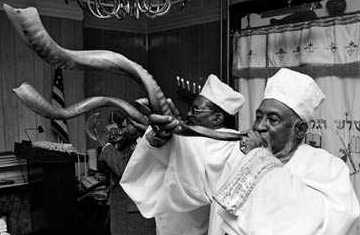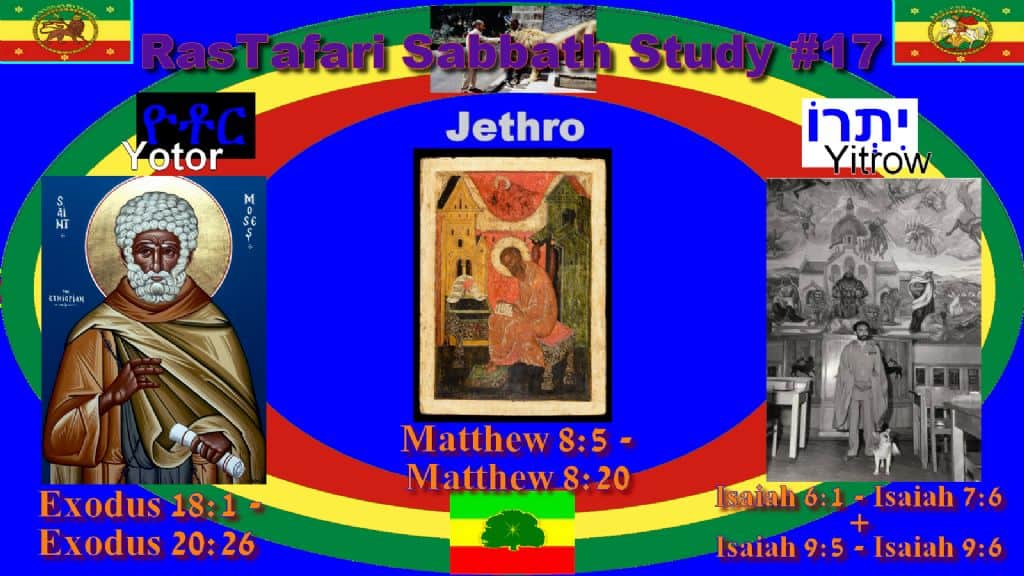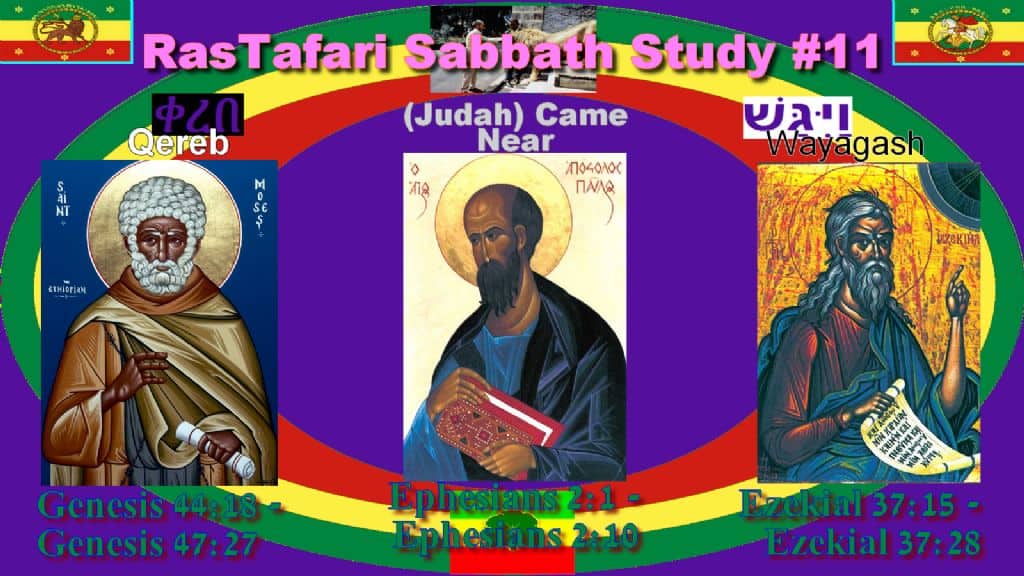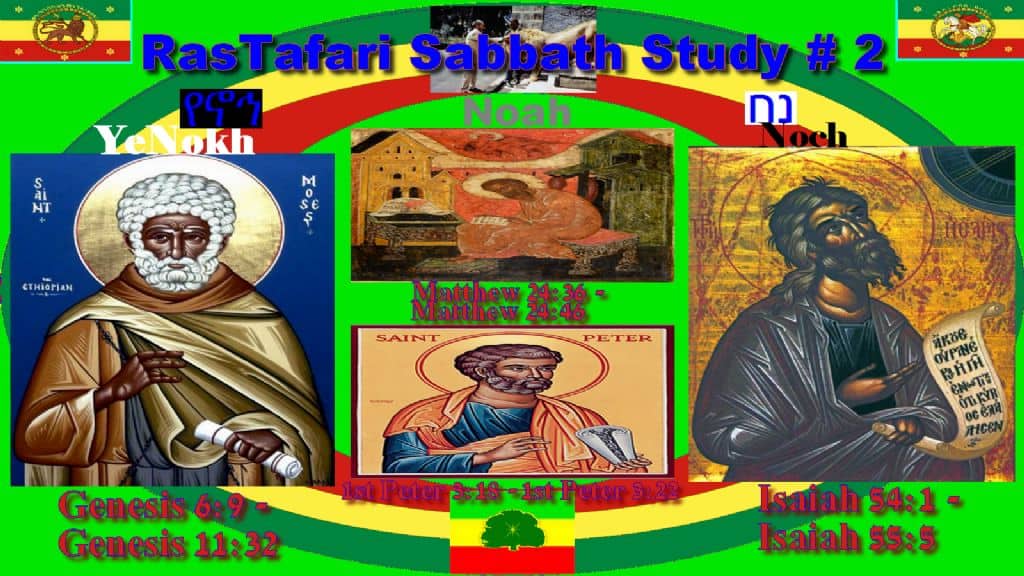This Week's Portion #48
Shoftim | שופטים | "Judges" ፈራጆችን | Ferajoch’[-n]
*For a PDF version of All the Torah Portions Schedule, click here to download!
1. Torah Reading
2. Prophets Reading
Isaiah 51:12-52:12
3. New Testament Reading
John 1:19-27; Acts 3:22-23
Portion Outline - TORAH
- Deuteronomy 16:18 | Municipal Judges and Officers
- Deuteronomy 16:21 | Forbidden Forms of Worship
- Deuteronomy 17:8 | Legal Decisions by Priests and Judges
- Deuteronomy 17:14 | Limitations of Royal Authority
- Deuteronomy 18:1 | Privileges of Priests and Levites
- Deuteronomy 18:9 | Child-Sacrifice, Divination, and Magic Prohibited
- Deuteronomy 18:15 | A New Prophet Like Moses
- Deuteronomy 19:1 | Laws concerning the Cities of Refuge
- Deuteronomy 19:14 | Property Boundaries
- Deuteronomy 19:15 | Law concerning Witnesses
- Deuteronomy 20:1 | Rules of Warfare
- Deuteronomy 21:1 | Law concerning Murder by Persons Unknown
Portion Outline - PROPHETS
- Isaiah 51:1 | Blessings in Store for God's People
- Isaiah 52:1 | Let Zion Rejoice
Portion Study Book Download & Summary
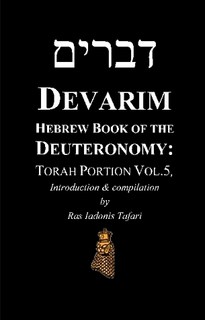 DEVARIM Hebrew Book of Deuterronomy - Torah Portion Vol.5 (FREE PDF)
DEVARIM Hebrew Book of Deuterronomy - Torah Portion Vol.5 (FREE PDF)
The commandment for the king to write a copy of the Torah demonstrates the work of Messiah. He Himself is the Word made flesh. He is the copy of the Torah in human form. Furthermore, He writes a copy of the Torah as He writes the Torah upon our hearts. The Torah of King Messiah is written not with ink, but with the Spirit of the living God, not on tablets of stone, but on tablets of human hearts (2 Corinthians 3:3).
Portion Commentary
The Mysterious Prophet
Thought for the Week:
Therefore repent and return, so that your sins may be wiped away, in order that times of refreshing may come from the presence of the Lord; and that He may send Yeshua, the Messiah appointed for you, whom heaven must receive until the period of restoration of all things about which God spoke by the mouth of His holy prophets from ancient time. Moses said, '"The LORD your God will raise up for you a prophet like me from your brethren; to him you shall give heed, to everything He says to you. And it will be that every soul that does not heed that prophet shall be utterly destroyed from among the people.'" (Acts 3:19-23)
Commentary:
I will raise up a prophet from among their countrymen like you, and I will put My words in his mouth, and he shall speak to them all that I command him. (Deuteronomy 18:18)
Moses told the children of Israel that the LORD would one day raise a prophet "like me from among you, from your own countrymen" (Deuteronomy 18:15). This promise could be understood in two ways. According to Rashi it refers to the succession of prophets who would speak to Israel. Rashi explained that God would raise prophets like Moses "from prophet to prophet." 1 God did not leave Israel without a prophetic voice. He raised a line of prophets, beginning with Joshua, the servant of Moses and extending all the way to John the Immerser, as Scripture says, "For all the prophets and the Torah prophesied until John" (Matthew 11:13).
Contrary to Rashi's opinion, the passage does not literally speak of a succession of many prophets. Deuteronomy 34:9-10 proves that the promise of a prophet like Moses was not referring to Joshua. Even after Joshua was filled with the prophetic spirit, the Torah still says that no prophet like Moses had yet arisen:
Now Joshua the son of Nun was filled with the spirit of wisdom, for Moses had laid his hands on him; and the sons of Israel listened to him and did as the LORD had commanded Moses. Since that time no prophet has risen in Israel like Moses, whom the LORD knew face to face. (Deuteronomy 34:9-10)
Therefore the prophecy in Deuteronomy 18 could not have been referring to Joshua or any of the prophets who followed him. Instead, it refers to a single prophet whom God would raise up in the future. That man would be a prophet like Moses "whom the LORD knew face to face" (Deuteronomy 34:10).
What would a prophet like Moses look like? He would need to be a prophet who heard directly from God, like Moses did. He would need to be a redeemer of Israel, like Moses was. He would need to be a man of unsurpassed humility, like Moses was. Who is this mysterious prophet? The prophet like Moses is none other than the Messiah. The apostles understood the prophecy of the prophet like Moses to refer directly to Yeshua.
Therefore, holy brethren, partakers of a heavenly calling, consider Yeshua, the Apostle and High Priest of our confession; He was faithful to Him who appointed Him, as Moses also was in all His house. For He has been counted worthy of more glory than Moses. (Hebrews 3:1-3)

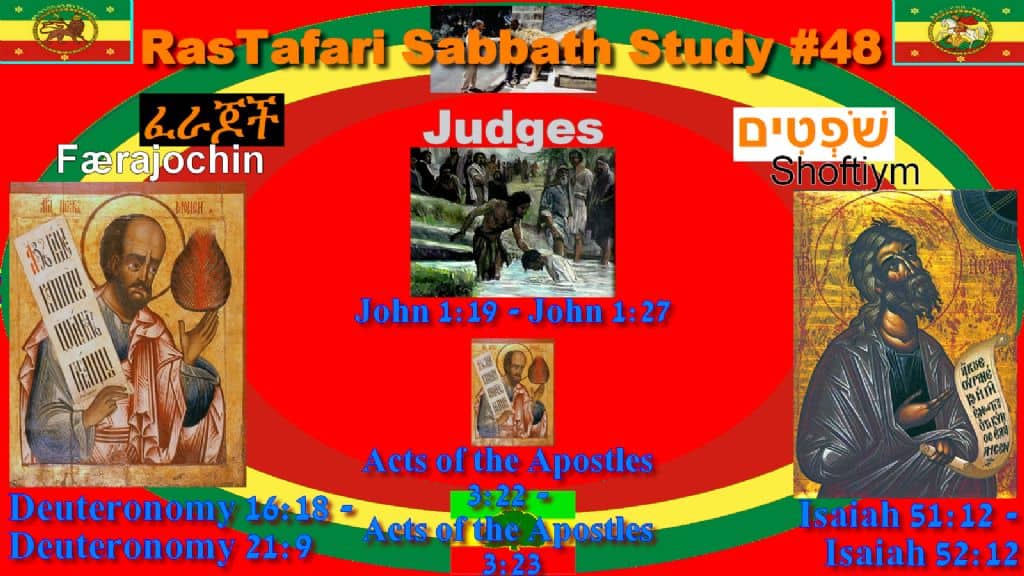
![Shoftim | שופטים | "Judges" ፈራጆችን | Ferajoch’[-n] Shoftim | שופטים | "Judges" ፈራጆችን | Ferajoch’[-n]](https://lojs.org/wp-content/uploads/2019/03/Discipleship-Radi0-RasTafari-Bible-Readings-48_1.jpg)
![Shoftim | שופטים | "Judges" ፈራጆችን | Ferajoch’[-n] Shoftim | שופטים | "Judges" ፈራጆችን | Ferajoch’[-n]](https://lojs.org/wp-content/uploads/2019/03/Discipleship-Radi0-RasTafari-Bible-Readings-48_2.jpg)
![Shoftim | שופטים | "Judges" ፈራጆችን | Ferajoch’[-n] Shoftim | שופטים | "Judges" ፈራጆችን | Ferajoch’[-n]](https://lojs.org/wp-content/uploads/2019/03/Discipleship-Radi0-RasTafari-Bible-Readings-48_3.jpg)
![Shoftim | שופטים | "Judges" ፈራጆችን | Ferajoch’[-n] Shoftim | שופטים | "Judges" ፈራጆችን | Ferajoch’[-n]](https://lojs.org/wp-content/uploads/2019/03/Discipleship-Radi0-RasTafari-Bible-Readings-48_4.jpg)
![Shoftim | שופטים | "Judges" ፈራጆችን | Ferajoch’[-n] Shoftim | שופטים | "Judges" ፈራጆችን | Ferajoch’[-n]](https://lojs.org/wp-content/uploads/2019/03/Discipleship-Radi0-RasTafari-Bible-Readings-48_5.jpg)
![Shoftim | שופטים | "Judges" ፈራጆችን | Ferajoch’[-n] Shoftim | שופטים | "Judges" ፈራጆችን | Ferajoch’[-n]](https://lojs.org/wp-content/uploads/2019/03/Discipleship-Radi0-RasTafari-Bible-Readings-48_6.jpg)
